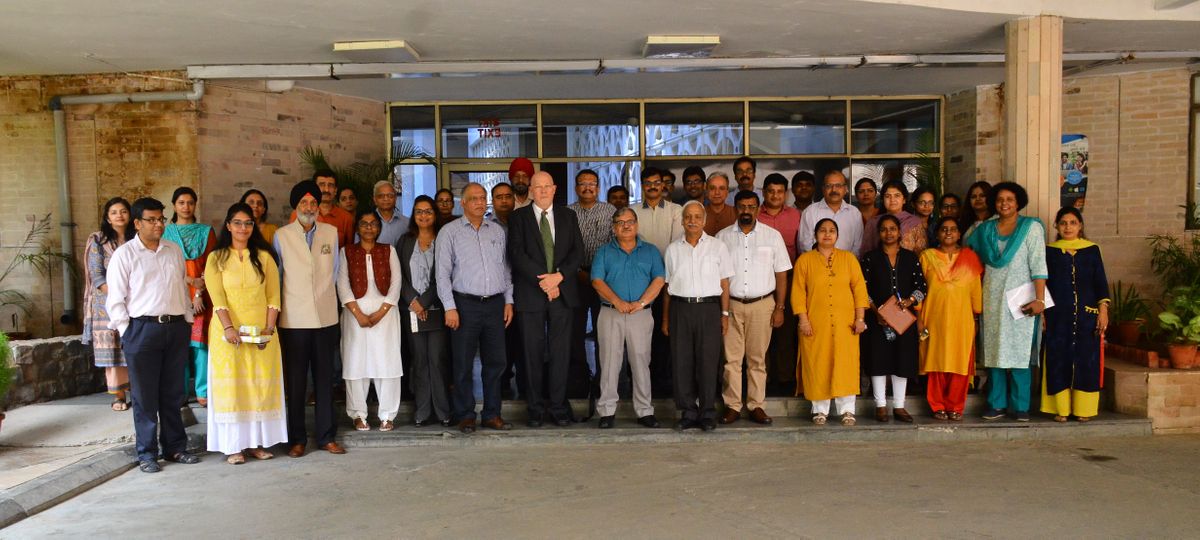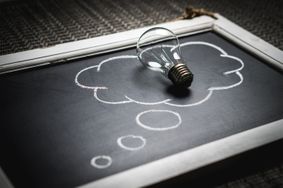A step away from AACSB accreditation, IIFT is poised to enter elite league of B-schools

India’s top B-school, the Indian Institute of Foreign Trade (IIFT) is all set to join the elite league of B-schools with its third Initial Self Evaluation Report (iSER), to get accreditation by AACSB International. The announcement was made at IIFT, New Delhi on Thursday, in the presence of AACSB International President and CEO, Tom Robinson.
AACSB International Accreditation
The AACSB International accreditation is a globally recognized hallmark. It is given to only 5 percent of the world’s schools offering business degrees at the bachelor level or higher. However, out of more than 5500 B-schools, only 10 received the accreditation.
“IIFT has been in the process of getting the coveted AACSB accreditation for the past few years. It is a very stringent process that begins with the submission of an eligibility application to AACSB International. Moreover, it is followed by the submission of the Initial Self Evaluation Report (iSER)," said Prof. Manoj Pant, Director, IIFT.
"We are very proud that IIFT is now one step closer to receiving this much sought-after accreditation,” he added.
AACSB International makes recommendations on how B-schools should rework on their processes, their curriculum, and keep up with rapid change.
Acknowledging Quality and Placement Evaluation
“We look at the quality of processes, faculty qualification and the assurance of learning processes. We also evaluate placement after graduation and where students are five years after placement,” says Tom Robinson, President, and CEO, AACSB International. "What B-schools need is not just academically qualified faculty but also faculty with practical industry experience" – Tom Robinson, President AASCB International.
Addressing students and faculty, Robinson underscored the strengths and weaknesses of B-schools. He said that most B-schools today are strong at creating knowledge, intellectual property, and building careers. However, many brag about progressive pedagogy and qualified faculty but forget to acknowledge weaknesses.
B-schools face financial pressures and constraints. In addition, there are perceptions that business schools are less inclined towards business practice. Eventually, it becomes a chink in one's armor. He also emphasized on B-schools that lack the potential to innovate on the academic level. Besides the academic qualification, B-schools require faculty who have practical experience in the industry.
While future business schools should identify themselves as catalysts of innovation. They should understand the demand for evidence-based knowledge in business and help restore trust in business.
According to AACSB International, schools usually take four and five years to earn the AACSB Accreditation. Earn accreditation depends largely on how closely schools are aligned with AACSB standards while applying for eligibility.
Login to continue reading
And access exclusive content, personalized recommendations, and career-boosting opportunities.















Comments
Add comment